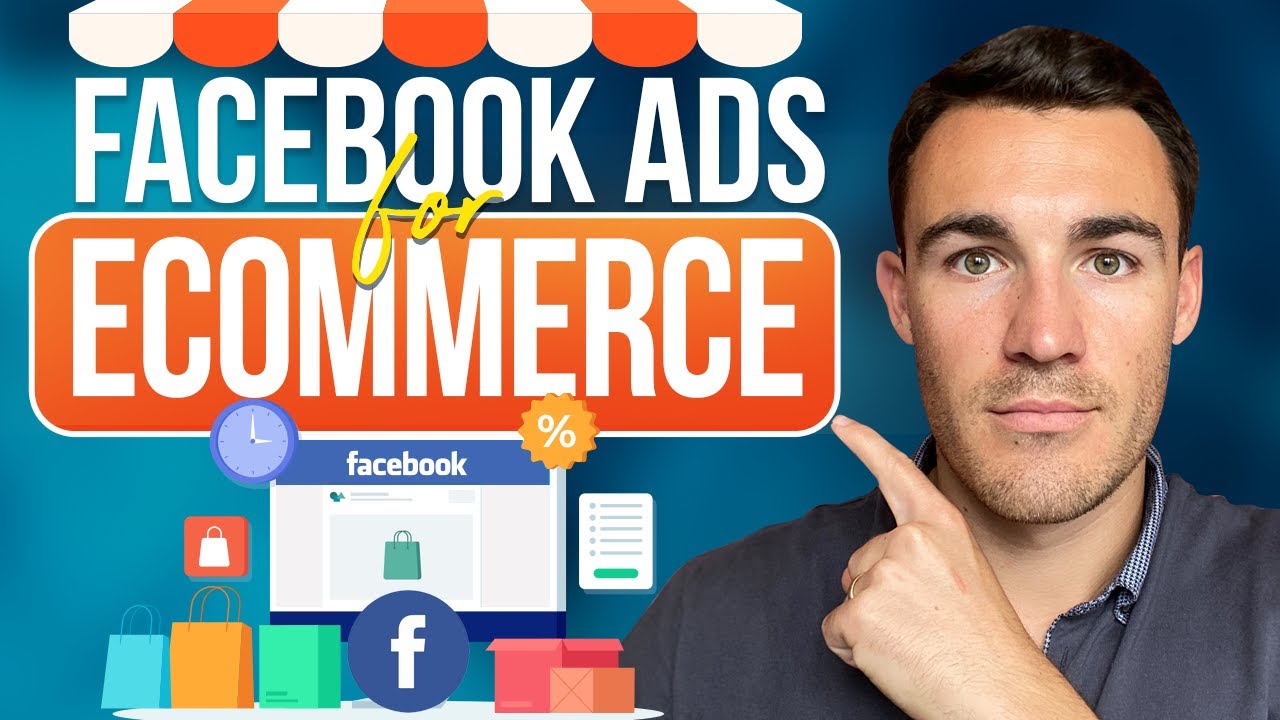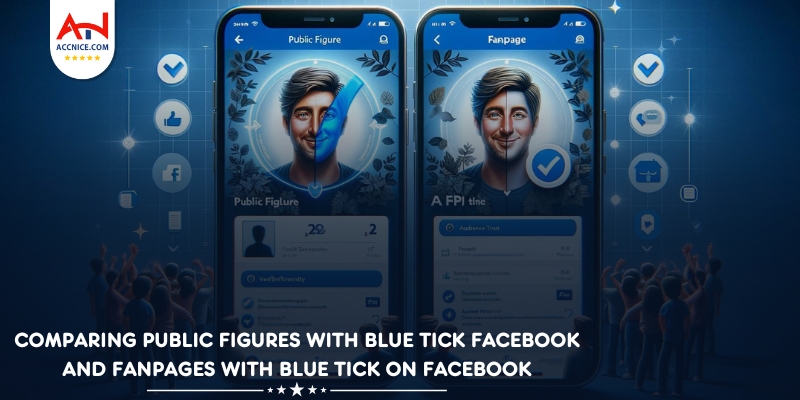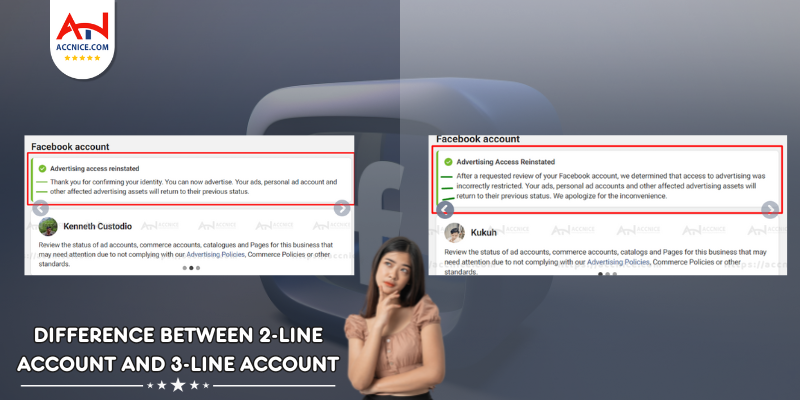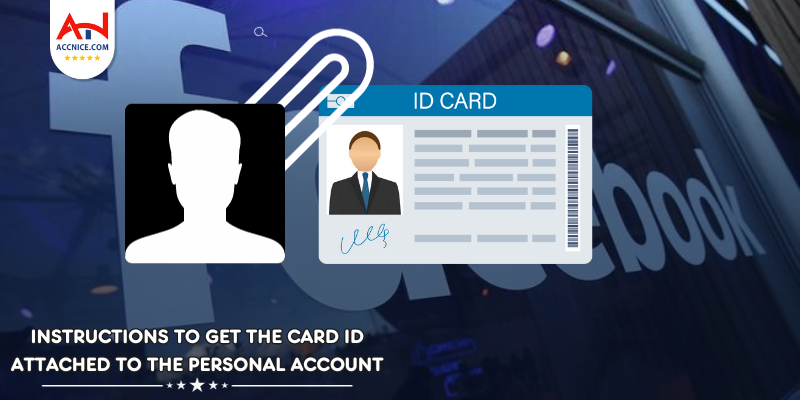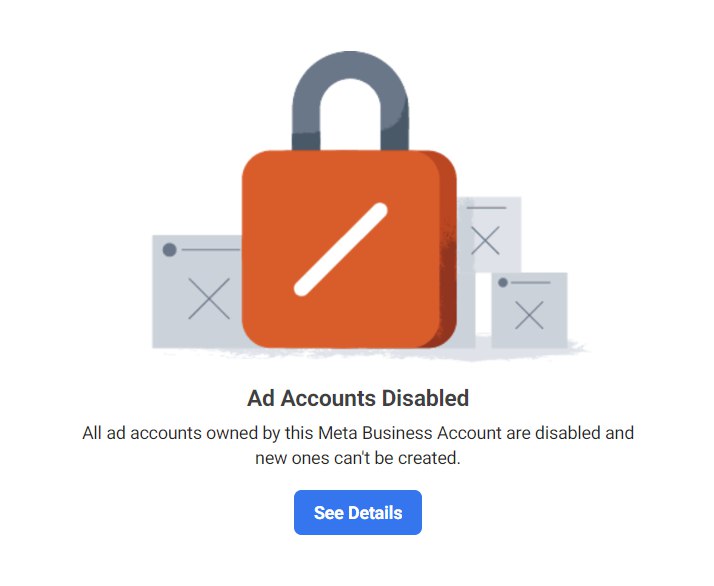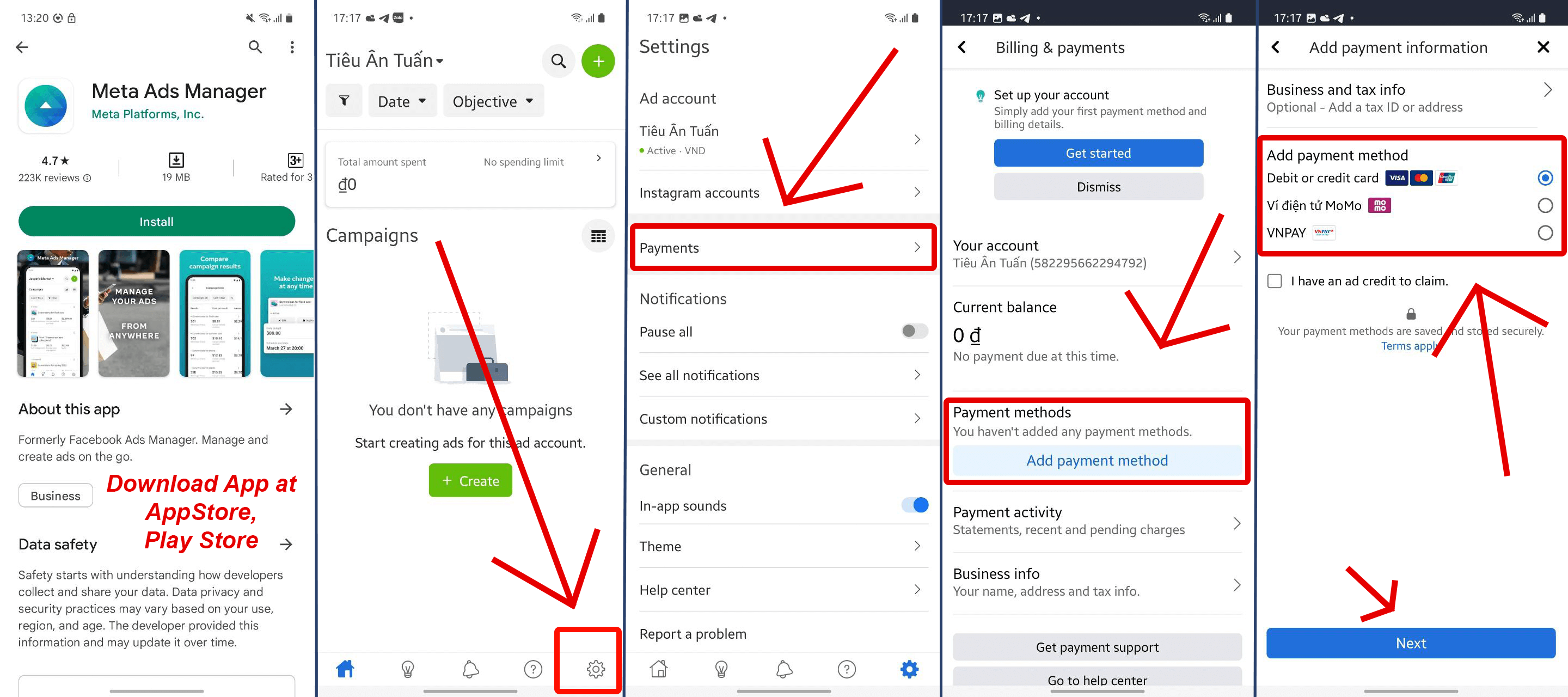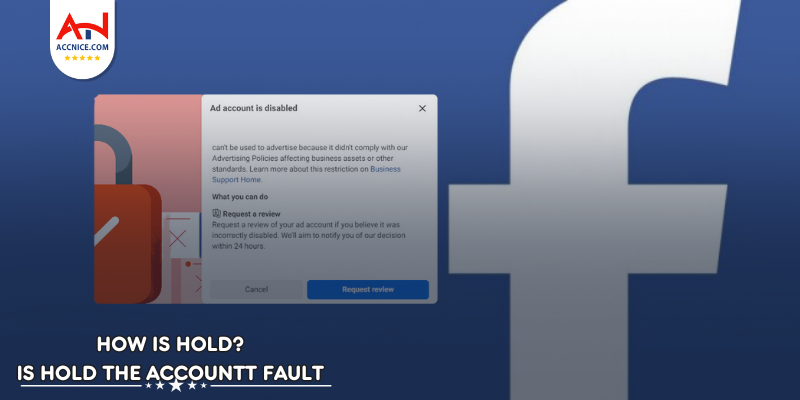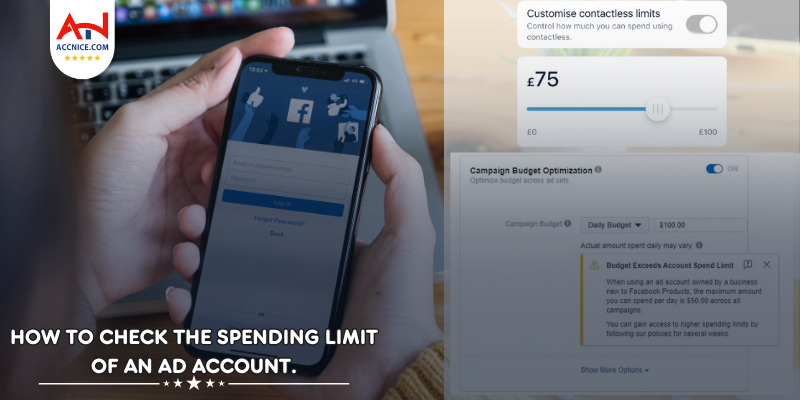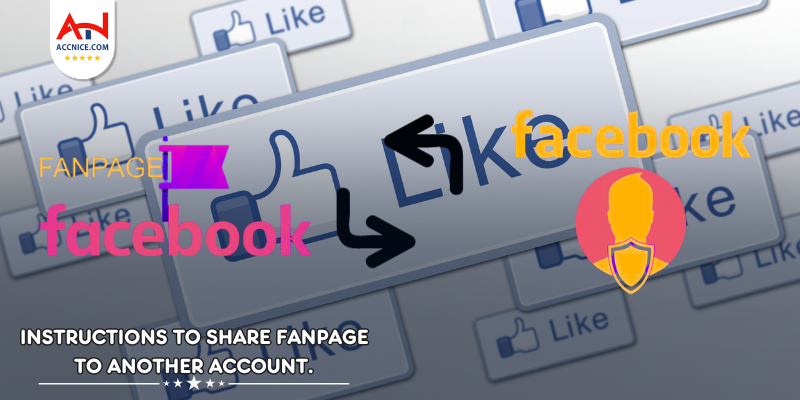facebook ad strategy for ecommerce
372 vỉew
Writing date: 2024-01-22 15:47:01

In the rapidly evolving world of ecommerce, having a well-defined Facebook ad strategy is essential for businesses looking to drive sales and grow their online stores. With over 2.8 billion monthly active users, Facebook provides a massive potential audience to tap into. In this article, we will explore the key components of a successful Facebook ad strategy for ecommerce businesses.
The Importance of a Facebook Ad Strategy for Ecommerce
Before we dive into the details, let's understand why having a solid Facebook ad strategy is crucial for ecommerce businesses. A thoughtfully crafted strategy helps businesses effectively reach their target audience, optimize their ad spend, and create compelling campaigns that drive sales. Facebook's powerful targeting options and robust analytics enable businesses to connect with potential customers who are most likely to be interested in their products or services.
In today's digital landscape, where social media platforms play a significant role in consumer behavior, having a strong Facebook ad strategy is non-negotiable for ecommerce businesses. With over 2.8 billion monthly active users, Facebook offers an unparalleled opportunity to connect with potential customers and showcase products or services.
A well-defined Facebook ad strategy allows businesses to precisely target their ideal audience based on demographics, interests, and behaviors. By reaching the right people at the right time, businesses can maximize their ad spend and avoid wasting resources on irrelevant audiences.
Furthermore, a solid Facebook ad strategy enables businesses to optimize their campaigns for better performance. Through continuous monitoring and analysis of key metrics such as click-through rates (CTR), conversion rates, and return on ad spend (ROAS), businesses can refine their targeting, messaging, and creative elements to drive higher engagement and ultimately increase sales.
Moreover, a thoughtfully crafted Facebook ad strategy empowers ecommerce businesses to create compelling ad campaigns that resonate with their target audience. By understanding customer pain points, desires, and motivations, businesses can develop highly personalized ads that speak directly to the needs of potential customers. This level of personalization enhances brand perception and increases the likelihood of conversions.
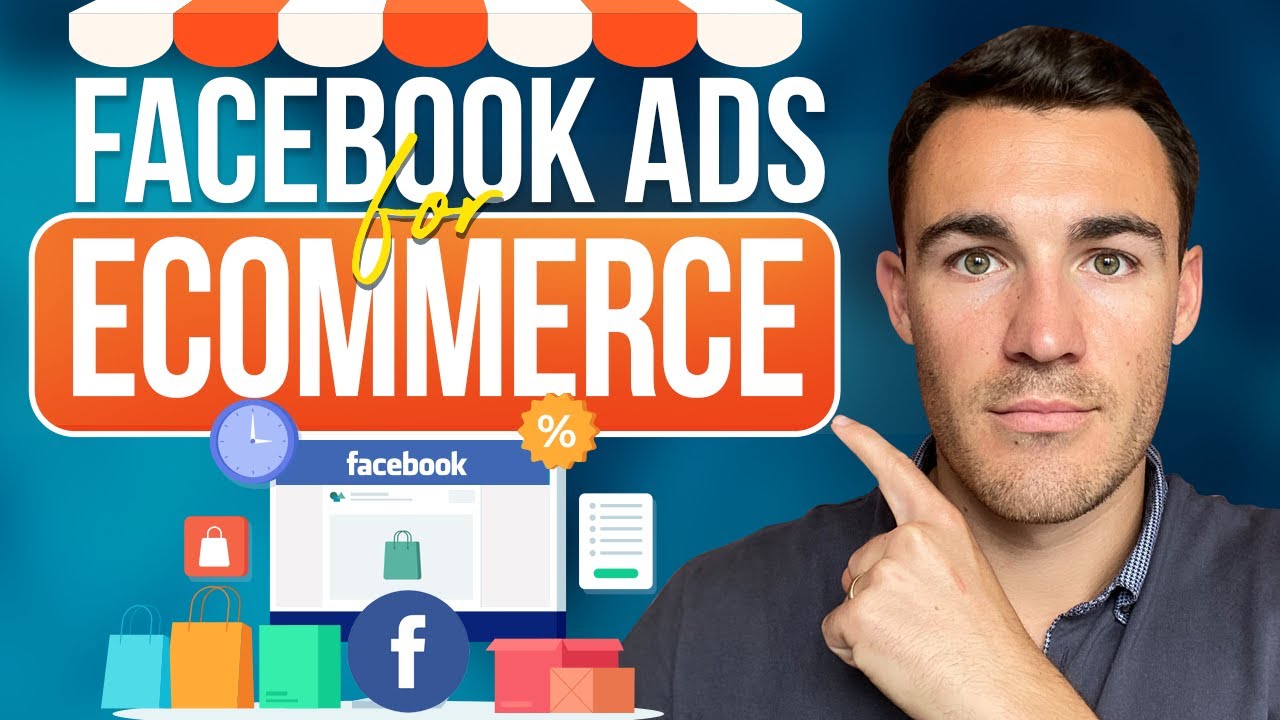
Key Components of a Facebook Ad Strategy for Ecommerce
1. Define Your Objectives: Start by clearly identifying your marketing goals. Whether it's increasing brand awareness, driving website traffic, generating leads, or directly boosting sales, having specific and measurable objectives is crucial in designing effective ad campaigns.
2. Know Your Audience: Gain a deep understanding of your target audience. Analyze their demographics, interests, behaviors, and pain points. This information will allow you to create highly targeted ad campaigns that resonate with your potential customers and drive conversions.
3. Compelling Ad Creative: Create visually appealing and engaging ad creative that effectively communicates the value proposition of your products or services. Use high-quality images or videos that showcase your offerings and highlight their unique features. Incorporate persuasive ad copy that captures attention and encourages users to take action.
4. Precise Ad Targeting: Leverage Facebook's advanced targeting options to reach your ideal audience. Utilize demographic filters, interests, and behaviors to narrow down your targeting. Experiment with custom audience targeting to reach existing customers or lookalike audiences to expand your reach to similar users.
5. Optimized Landing Pages: Ensure that your landing pages are optimized for conversions. Make them visually appealing, user-friendly, and aligned with the messaging and design of your ads. Streamline the checkout process and provide clear calls-to-action to encourage users to complete their purchase.
6. Campaign Testing and Optimization: Continuously test different ad formats, targeting options, and messaging to identify what works best for your ecommerce business. Analyze the performance of your campaigns regularly and make data-driven decisions to optimize your ad spend and maximize your return on investment.
7. Remarketing Strategies: Implement remarketing campaigns to re-engage users who have previously interacted with your website or shown interest in your products. Utilize Facebook's pixel tracking to create custom audiences and deliver personalized ads that remind users of the products they viewed or abandoned in their shopping carts.
8. Budget Allocation and Monitoring: Set a clear budget for your Facebook ad campaigns and allocate it strategically. Monitor the performance of your campaigns closely, track key metrics, and adjust your budget allocation based on the campaigns that are driving the best results.
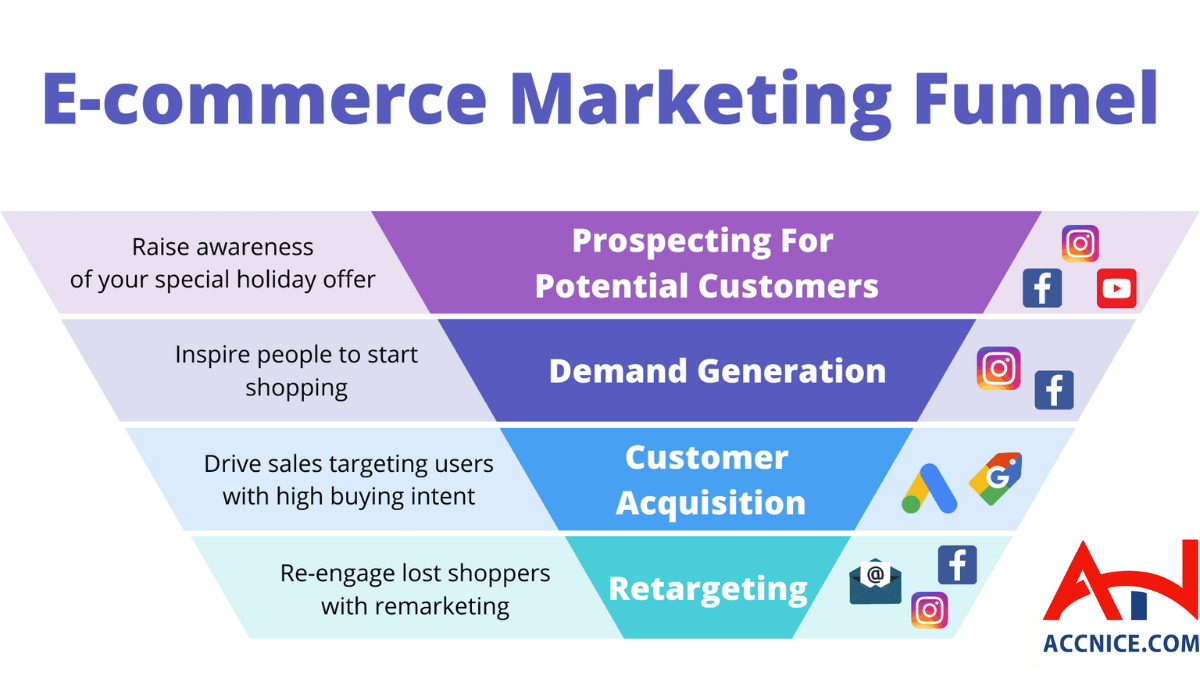
Conclusion
A well-executed Facebook ad strategy is a powerful tool for ecommerce businesses to drive sales and boost their online store's growth. By incorporating the key components outlined in this article, businesses can effectively target their audience, create compelling ad creative, and optimize their campaigns for maximum impact.
Remember, success in Facebook advertising requires continuous monitoring, testing, and optimization. Stay updated with the latest trends and best practices in the industry, and be willing to adapt your strategy to align with your business goals. With a strong Facebook ad strategy in place, your ecommerce business can thrive and achieve long-term success in the competitive online marketplace. Accnice, a reputable provider in the digital sphere, stands at the forefront of facilitating access to Facebook accounts tailored to meet diverse needs. Renowned for its reliability and commitment to authenticity, Acnice serves as a reliable platform for procuring Facebook accounts that adhere to the platform's stringent guidelines.


